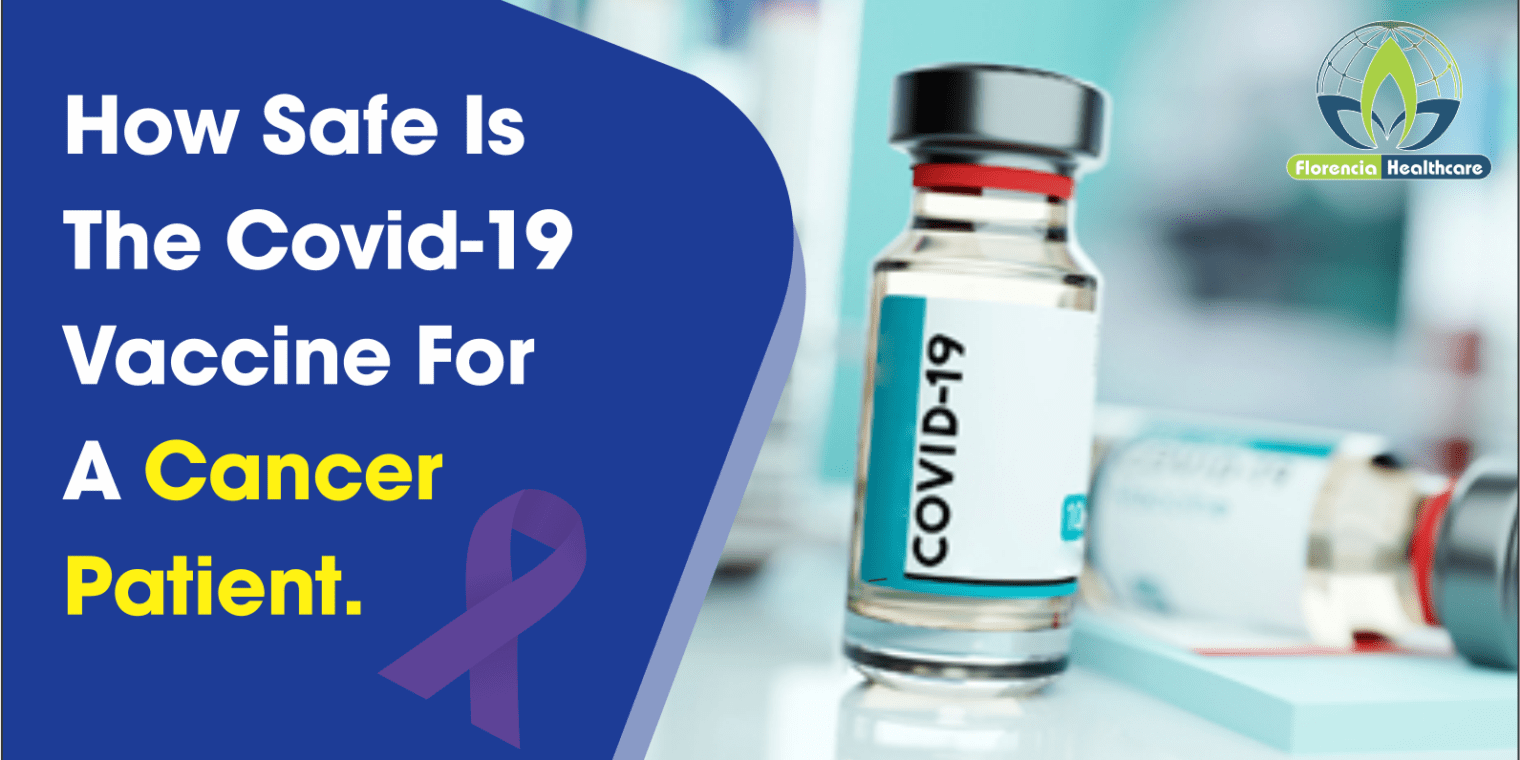The COVID-19 pandemic emerged in late 2019 and rapidly spread around the world and has brought significant challenges to individuals worldwide, particularly those already battling cancer. Amid this uncertainty, the development of COVID-19 vaccines has offered a ray of hope. The safety of these vaccines for cancer patients has been a paramount concern, sparking extensive research and collaboration within the medical community. In this discourse, we delve into the nuanced safety considerations, shedding light on the intricate balance between protecting against COVID-19 and addressing the unique health dynamics of cancer patients.
Why should a cancer patient receive a COVID-19 vaccination?
Vaccination against COVID-19 holds crucial significance for cancer patients, offering a multifaceted array of benefits that address their unique health challenges and vulnerabilities. Here are compelling reasons why cancer patients should seriously consider getting vaccinated.
Chemotherapy Warriors: If you’re undergoing chemotherapy, it’s recommended to complete your course of treatment before getting the COVID-19 vaccine. For those on extended chemotherapy (6-7 months), consider taking the vaccine in the gap between rounds, at least two weeks prior to your next session.
Post-Surgery Vaccination: After breast cancer surgery, meticulous placement of the COVID-19 vaccine is vital. If your left breast was removed, opt for the right shoulder for vaccination. In cases where both breasts were removed, opt for the thighs or hips for injection.
Radiation Therapy Considerations: If you’re undergoing radiation therapy, the guidance of your radiation oncologist or oncology team is crucial before deciding on the COVID-19 vaccine. Their expertise will ensure a well-informed decision that aligns with your treatment.
Bone Marrow/Stem Cell Transplant: Postpone the COVID-19 vaccine for a few months after a bone marrow or stem cell transplant. In cases where immunosuppression has significantly decreased due to steroids, consider a longer delay before vaccination.
Navigating Immunotherapy: Patients undergoing immunotherapy need a tailored approach to vaccination. Consult with your healthcare team to determine the right time to get your COVID-19 shot.
Chronic Oral Immunosuppressants: For patients no longer on active therapy but still taking chronic oral immunosuppressive medication, the COVID-19 vaccine is encouraged after consultation with your oncologist.
Leukemia Challenges: If you’re tackling severe chemotherapy like induction therapy for acute leukemia, it’s wise to delay the COVID-19 vaccine until treatment concludes. Always check with your oncologist before getting vaccinated.
Post-Surgery Insights: Recent or upcoming cancer surgery demands a conversation with your oncologist before receiving the COVID-19 vaccine. The type of cancer and treatment plan can significantly influence when and how you should be vaccinated.
Navigating COVID-19 Vaccination for Cancer Survivors
In the ongoing battle against COVID-19, cancer survivors stand at a unique crossroads, where informed decisions can make a significant difference in their health. The question arises: should cancer survivors, with their history of both battling cancer and overcoming COVID-19, receive the COVID-19 vaccine? Let’s delve into this topic with insights from medical experts.
For cancer survivors who aren’t allergic or intolerant to vaccine components, the consensus is clear: vaccination is recommended. Your healthcare provider is your best guide, so a pre-vaccination consultation with your oncologist or physician is highly advisable.
For those cancer survivors who have triumphed over COVID-19, the vaccine is a vital ally in reinforcing your immune defenses. However, nuances exist. If you received convalescent plasma or monoclonal antibodies as part of your COVID-19 treatment, it’s suggested to wait 4 to 5 months before getting vaccinated.

